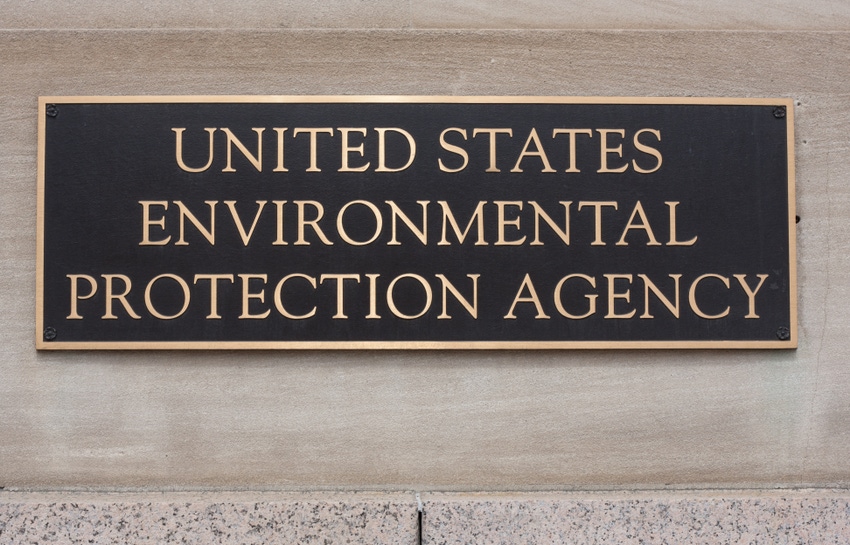EPA could move to restore ethanol demand
House letter to Pruitt demands answers on biofuel waiver abuse.

Reports indicate that the Environmental Protection Agency could propose reallocating biofuel blending obligations waived under its small refinery exemption program to other refiners.
The move would be welcomed by biofuel groups, which made it known that they were unhappy with EPA’s actions on the Renewable Fuel Standard (RFS) last week during EPA Administrator Scott Pruitt’s visit to Kansas and South Dakota. EPA is expected to make the announcement as part of the agency’s annual biofuel blending mandate renewable volume obligations (RVOs) planned for release for the upcoming year.
Estimates indicate that the approved waivers offered to refineries with a capacity of less than 75,000 barrels per day have cut ethanol demand by 1.6 billion gal.
Frank Macchiarola, group director of downstream and industry operations at the American Petroleum Institute, argued that EPA should not direct refiners to make up for the lost demand. “Our view is reallocating volumes would obviously conflict with public and private statements on the issue,” he said.
Brooke Coleman, executive director of the Advanced Biofuels Business Council, is testifying on biofuels Friday at a House subcommittee on environment hearing on “Advanced Biofuels Under the Renewable Fuel Standard: Current Status & Future Prospects.”
“Rural communities across the country are rising up in protest as farm income is drained away by abusive EPA waivers. In April, President (Donald) Trump directed the EPA to uphold his long-standing promise on blending targets. The courts have been ordering the EPA to restore lost gallons since 2017, when a previous round of waivers were deemed invalid. It’s not just the right thing to do; it’s required by law,” Coleman said.
“Refiners have already benefited from more handouts than could ever be fixed. For them to feign outrage over this rumor is almost comical," she added. "It’s a simple question: Should millions of U.S. farmers pay for waivers that benefit oil giants like HollyFrontier, or should those refiners have to fight it out with other oil giants like Exxon? President Trump never promised them anything, and they are all making billions thanks to the generosity of this White House. It’s time to prioritize rural communities.”
House members speak out
On Wednesday, a dozen members of the House issued a letter to Pruitt questioning his “failed implementation" of the RFS program.
“Your actions are clearly designed to enrich the oil industry at the expense of farmers and the renewable fuels industry by undermining the RFS,” they wrote.
Led by Reps. Cheri Bustos (D., Ill.) and Dave Loebsack (D., Iowa), the members said they are “deeply troubled” by Pruitt’s “misuse of the small refinery exemption process” -- a pattern that is “inflicting further economic pain in rural communities and throughout the agricultural sector.”
Noting the waivers to HollyFrontier and Sinclair Oil, they wrote, “it is difficult to believe that 13 years into the RFS program, with an economy that is clearly benefiting the oil and refining sectors, that there could be such a dramatic increase in the number of small refineries suffering ‘disproportionate economic hardship’ – especially those that are part of large, integrated firms.”
In response, the lawmakers are demanding answers to 13 questions regarding EPA’s implementation of waivers, consultation with the U.S. Department of Energy and U.S. Department of Agriculture and notification to Trump about the negative impact of EPA’s actions on rural communities.
About the Author(s)
You May Also Like





